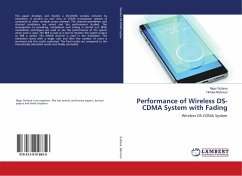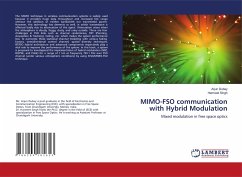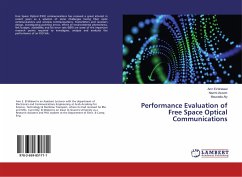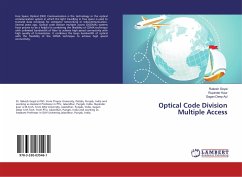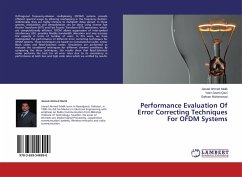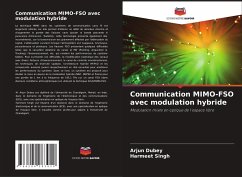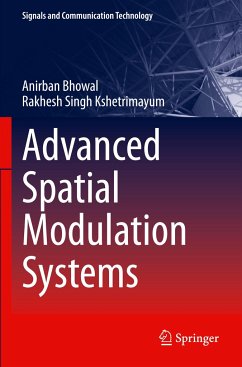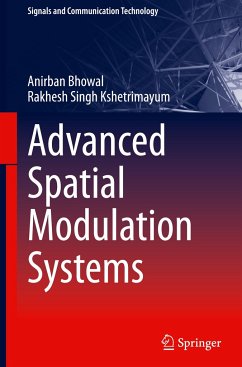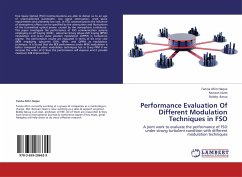
Performance Evaluation Of Different Modulation Techniques in FSO
A joint work to evaluate the performance of FSO under strong turbulent condition with different modulation techniques
Versandkostenfrei!
Versandfertig in 6-10 Tagen
32,99 €
inkl. MwSt.

PAYBACK Punkte
16 °P sammeln!
Free Space Optical (FSO) Communications are able to deliver us to an age of unprecedented bandwidth, low signal attenuation, small space requirements and ultimately low cost. In FSO communications the influence of atmospheric effects can be specified by the attenuation and fluctuations of the transmitted optical power, caused by the atmospheric turbulence. This paper investigate the performance of FSO communication systems employing on-off keying (OOK) , subcarrier binary phase-shift keying (BPSK) modulation and Q-ary pulse position modulation (QPPM) in turbulence regime. The performance resul...
Free Space Optical (FSO) Communications are able to deliver us to an age of unprecedented bandwidth, low signal attenuation, small space requirements and ultimately low cost. In FSO communications the influence of atmospheric effects can be specified by the attenuation and fluctuations of the transmitted optical power, caused by the atmospheric turbulence. This paper investigate the performance of FSO communication systems employing on-off keying (OOK) , subcarrier binary phase-shift keying (BPSK) modulation and Q-ary pulse position modulation (QPPM) in turbulence regime. The performance results are evaluated in terms of bit error rate (BER) employing subcarrier OOK, BPSK, and QPPM as modulation technique. It is found that the BER performance under BPSK modulation is better compared to other modulation techniques but in Q-ary PPM if we increase the order of Q then the performance will improve and it provide maximum 4dB improvement



